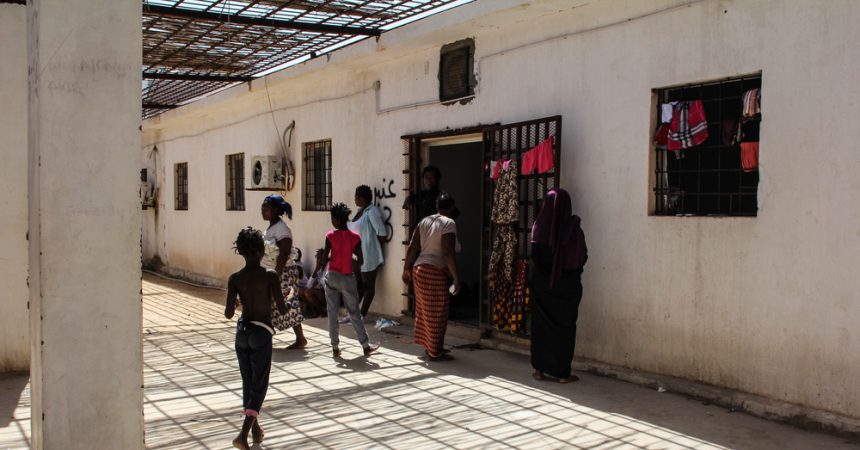Europe’s priority is to reduce irregular migration regardless of the cost of human lives, a research paper by Oxford University has stated.
Euronews reported that researchers found that a sharp rise in the number of drownings followed a clampdown on NGO search and rescue operations in June and July.
The report was published by Oxford University’s Border Criminologies unit and criticised the way the European authorities handled the migration crisis. They questioned the reliance on the Libyan Coast Guard instead of the NGO rescue ships.
“The current European obsession with reducing migration at all costs is even less comprehensible when considering that arrivals decreased drastically prior to the most recent escalation of rhetoric and externalisation of migration control,” the report said.
This report comes one day before European Commission President Jean-Claude Juncker will give his State of the Union address – where he is expected to address the issue of migration.
MEPs started debating today whether to take disciplinary action against the anti-migration stand of Hungary’s Prime Minister Viktor Orban. In a fiery reply, Orban said that it was an abuse of power and that Hungary would not submit to blackmail.
The EU shift in policy was spearheaded by Italy’s new right-wing interior minister Matteo Salvini, who accused charity-run rescue ships of encouraging and aiding people smugglers. He is also being investigated by the Italian authorities after denying entry to more than 100 people on an Italian vessel.
The anti-migration stance by Salvini has led to an “alarming escalation of attacks” on migrants and Roma people in Italy and Austria – to the extent that the United Nations High Commissioner for Human Rights announced she is sending teams to both countries to look into the matter.
In her maiden speech to the UN human rights council on Monday, UN High Commissioner for Human Rights, Michelle Bachelet said: “Italy’s decision to close its sea ports, denying entry to NGO rescue ships, had serious consequences on the most vulnerable. Even though we are seeing a big drop in the numbers of people coming from Libya over the past 12 months, the numbers of those who died during the crossing is higher in the first six months of 2018 than it was in 2017.”
And now with the unstable situation in Libya – even after a ceasefire was declared – NGOs are even more concerned that no rescue vessels are available as these are impounded in Malta and Italy as more people will attempt to escape. When the clashes broke outside of Tripoli, at least 47 people were killed and around 1,800 families were displaced. Hundreds of migrants in detention had to be moved.
Doctors Without Borders (MSF) said more than 100 people died in a shipwreck off the Libyan coast a week ago as survivors told them they were brought from sea by the Libyan Coast Guard.
Between January and August 2018, the EU-supported Libyan Coast Guard had returned 13,185 refugees and migrants to Libya, MSF said.













